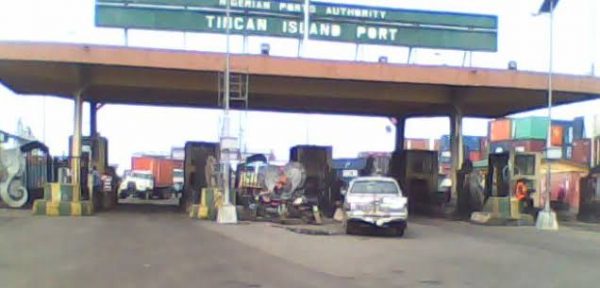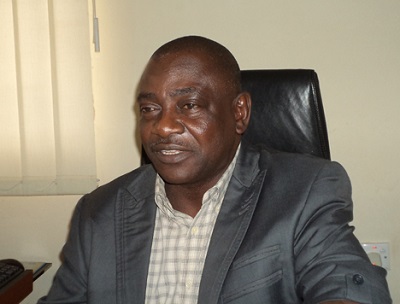Abuja Airport closure: FG names eight emergency centres
 The Federal Government has named eight primary response centres and 10 governmental and non-governmental organisations to provide emergency medical services in case of accidents.
The Federal Government has named eight primary response centres and 10 governmental and non-governmental organisations to provide emergency medical services in case of accidents.
The eight health facilities which are situated in Kaduna and Niger states include Umar Yar’Adua Specialist Hospital; Anglican Mission Hospital, Katari; General Hospital, Doka; and the Federal Road Safety Corps Clinic, Kakau.
Others are the Primary Healthcare Centre, Duste; Rigasa Health Centre; St. Gerard’s Hospital, Kakuri; and the National Eye Centre, Kaduna.
Ten partners have been listed to coordinate and manage emergency situations. They are the FRSC, Nigeria Police Force, NEMA, Federal Fire Service and the National Blood Transfusion Service.
Others are the Association of Medical Social Workers of Nigeria; Kaduna State Ministry of Health; Niger State Ministry of Health; Federal Capital Territory Health and Human Services Secretariat; and the Ministry of Defence.
The decision was taken in preparation for the closure of the Nnamdi Azikiwe International Airport, Abuja and the transfer of its services to the Kaduna Airport, with effect from March 8, 2017.
The Minister of State for Health, Dr. Osagie Ehanire, made the announcement during a press conference in Abuja on Wednesday to inform the public on plans for the NAIA temporary closure.
According to him, the centres have been contacted and are linked with trauma centres of four referral hospitals including the National Hospital, Abuja; University of Abuja Teaching Hospital, Gwagwalada; 44 Army Referral Hospital and Nigerian Airforce Base Medical Centre in Abuja and Kaduna respectively.
He said there would be reflective signboards every 10-kilometre along the highway to display emergency call numbers and directions to the nearest health facility.
Ehanire said, “Plans reached by partners include equipment upgrade and full staffing of the health centres for 24-hour readiness. We have requested for funds to provide the centres with medication and commodities and also with small generators and needed infrastructure upgrades. Functional ambulances shall be stationed at these centres.
“A total of seven ambulances, staffed with trained personnel will be stationed at the designated facilities along the highway; of these, five are provided by the FRSC, two each by the Kaduna State Government and the Federal Ministry of Health, one from the National Eye Centre and one from NEMA.”
He expressed optimism that the exercise would serve as a “pilot project to test a consolidated, coordinated, multi-agency response system, which Nigeria urgently needs.”







